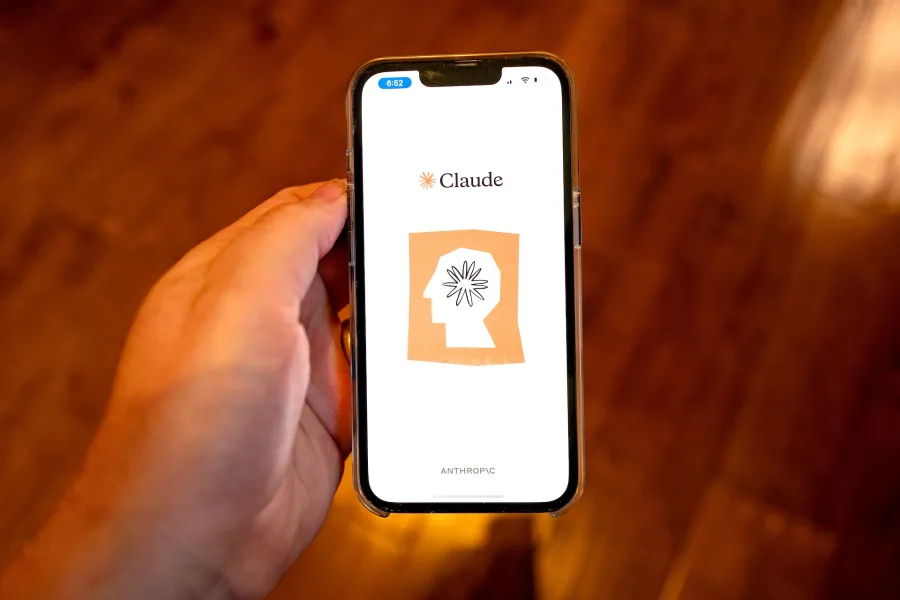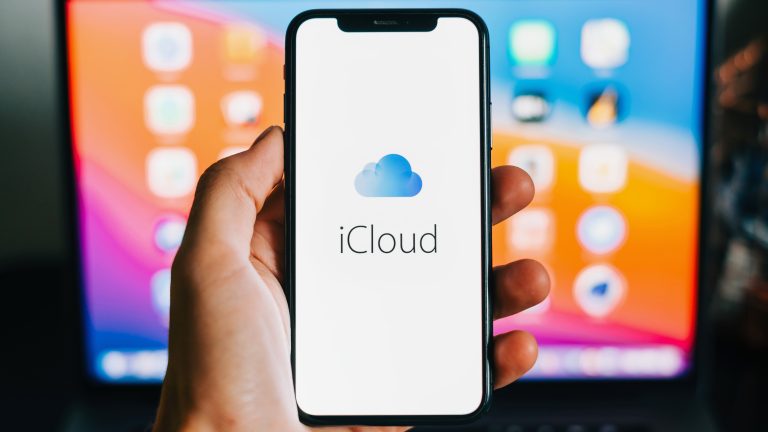
Anthropic just dropped a major policy update, and if you’re a Claude user (Free, Pro, or Max), you’ve got a big choice to make before September 28: Do you let your conversations fuel the next generation of Claude models, or do you keep your data out of the training pool?
Here’s the scoop. Until now, Anthropic had a pretty strict rule—your chats and prompts were automatically deleted within 30 days (unless flagged for violations, which meant they could hang around for up to 2 years). Now? The company wants to hold on to your conversations for up to five years if you don’t opt out. And not just hold on to them—use them to make Claude smarter at things like coding, analysis, and reasoning.
Anthropic’s blog frames it as a choice that benefits everyone: “Help us help you. Your data will make Claude safer, funnier, smarter.” Sounds nice, right? But let’s keep it real. AI companies need data like cars need fuel. High-quality conversations are the gold standard for training, and tapping into millions of real-world Claude chats gives Anthropic a serious leg up against OpenAI and Google.
Here’s the catch: business and enterprise customers (Claude Gov, Claude for Work, Claude for Education, API users) are not included in this. Just like OpenAI, Anthropic keeps enterprise clients in a special “hands-off” category while everyday users’ chats are fair game.
The rollout design also raises eyebrows. New users see the choice upfront during signup, but existing users? They’ll get a big flashy “Accept” button for the new policies with a tiny, barely noticeable toggle underneath—already switched “on” for training. Subtle, right?
Privacy experts are already sounding alarms. With AI evolving this fast, “meaningful consent” is becoming nearly impossible. The FTC even warned earlier this year that sneaky design choices like burying opt-outs in fine print could trigger enforcement action. But with the commission currently running shorthanded, whether they’ll step in is anyone’s guess.
Bottom line: Claude’s new policy isn’t just another terms-of-service update you can scroll past. This one actually impacts how your words—yes, even your rants about office socks or your half-baked code experiments—might end up shaping the next generation of AI. So before you smash that “Accept” button, make sure you know exactly what you’re agreeing to.






